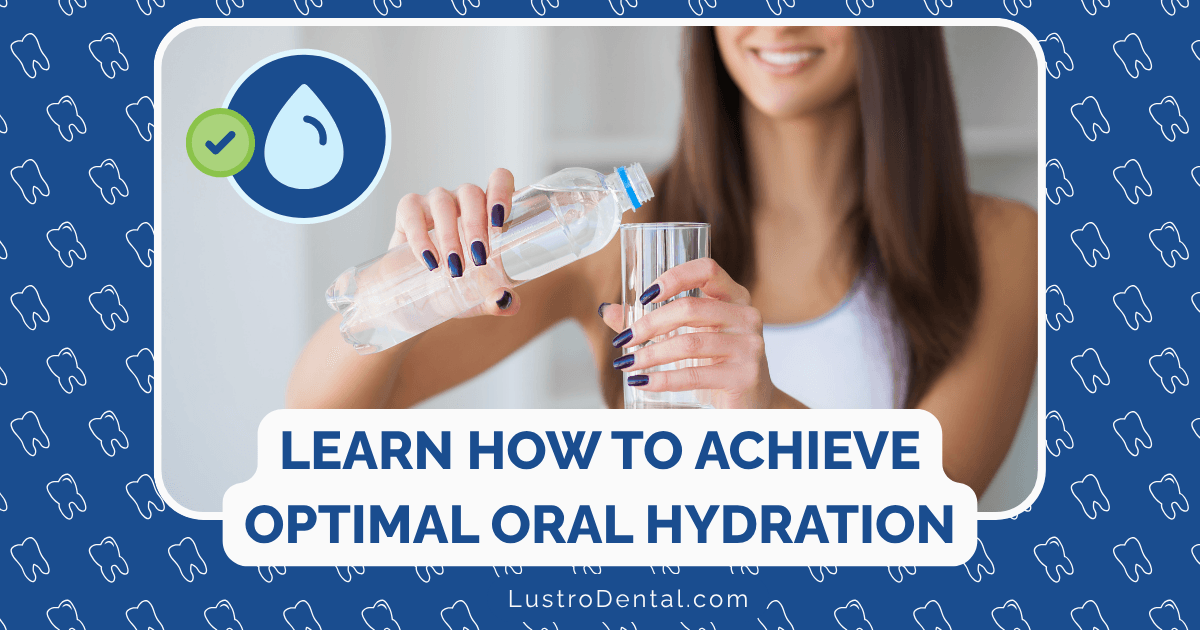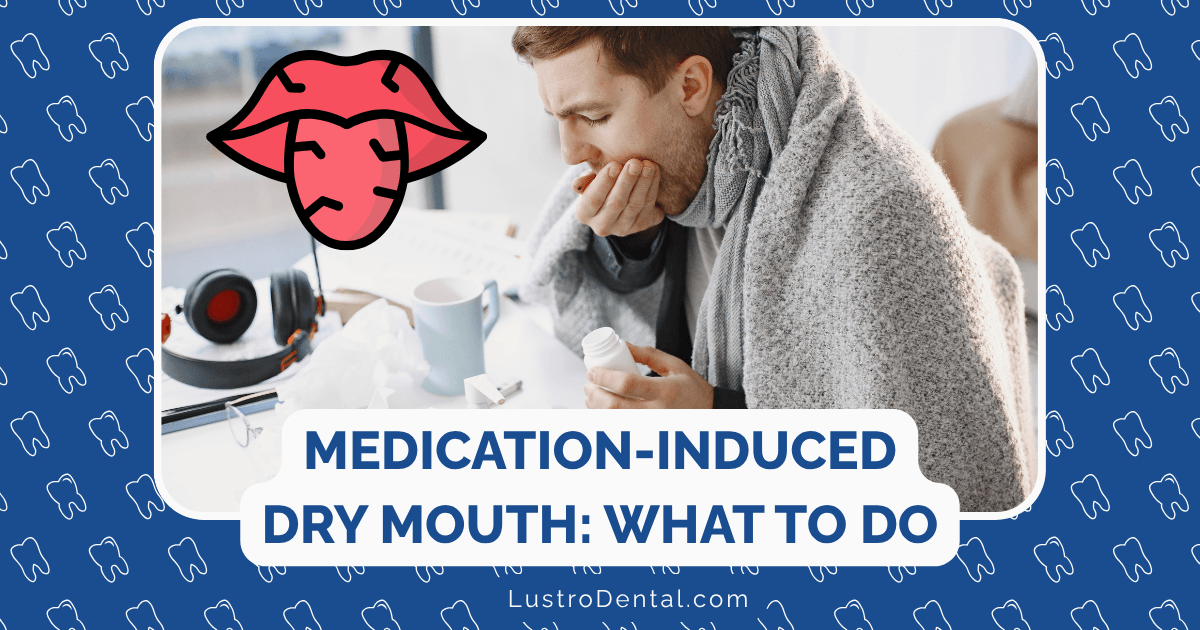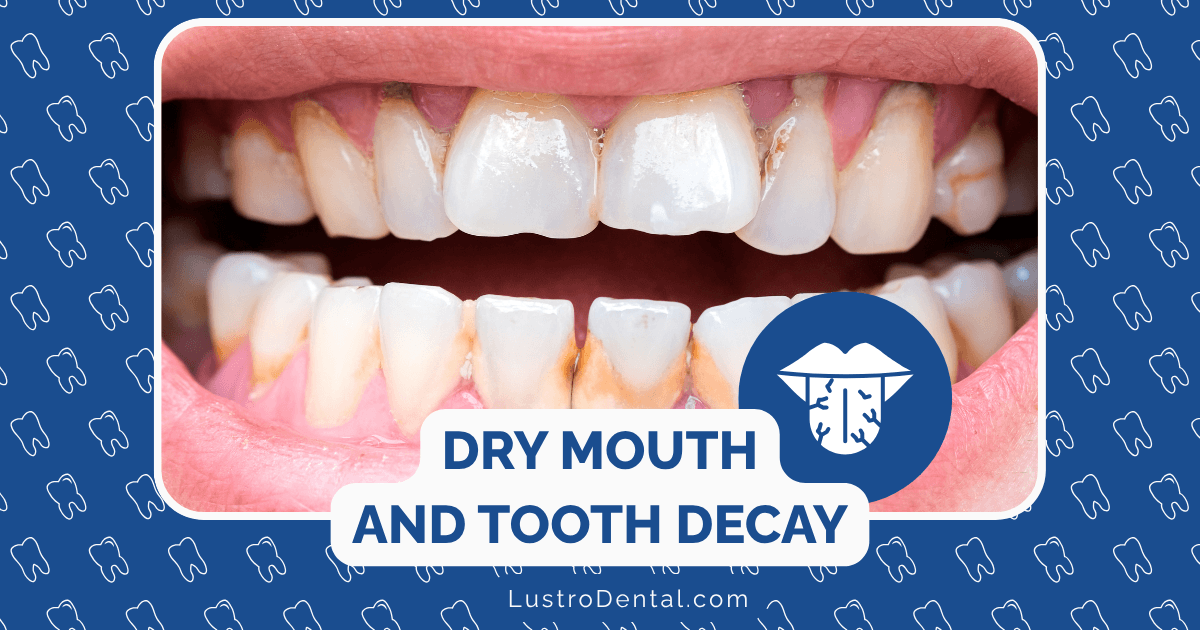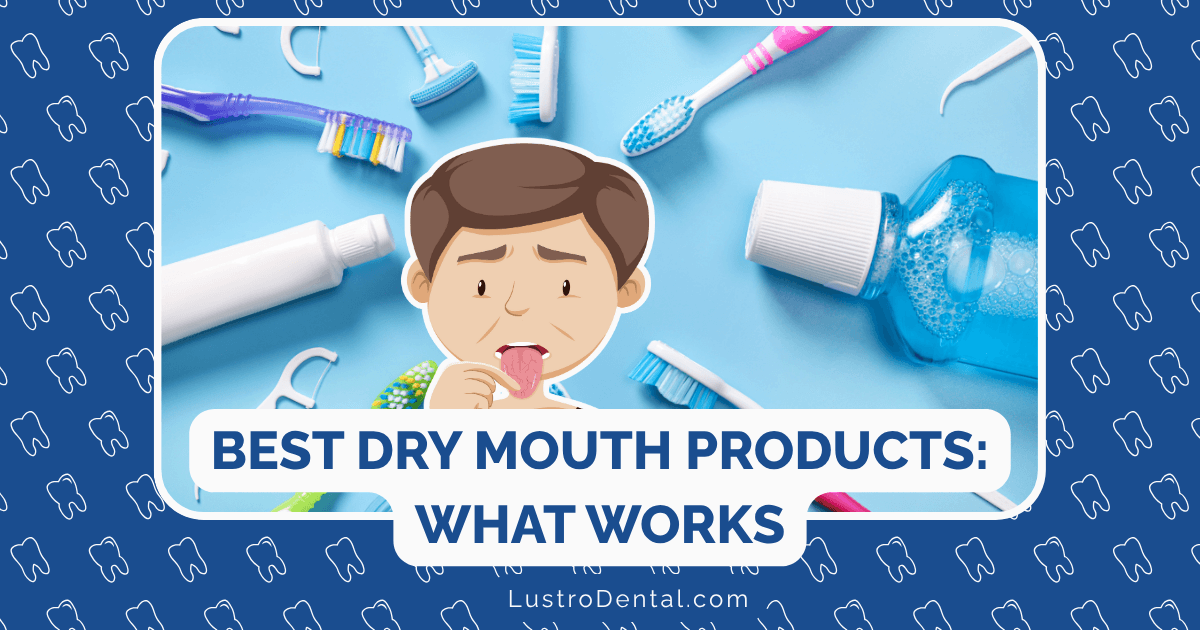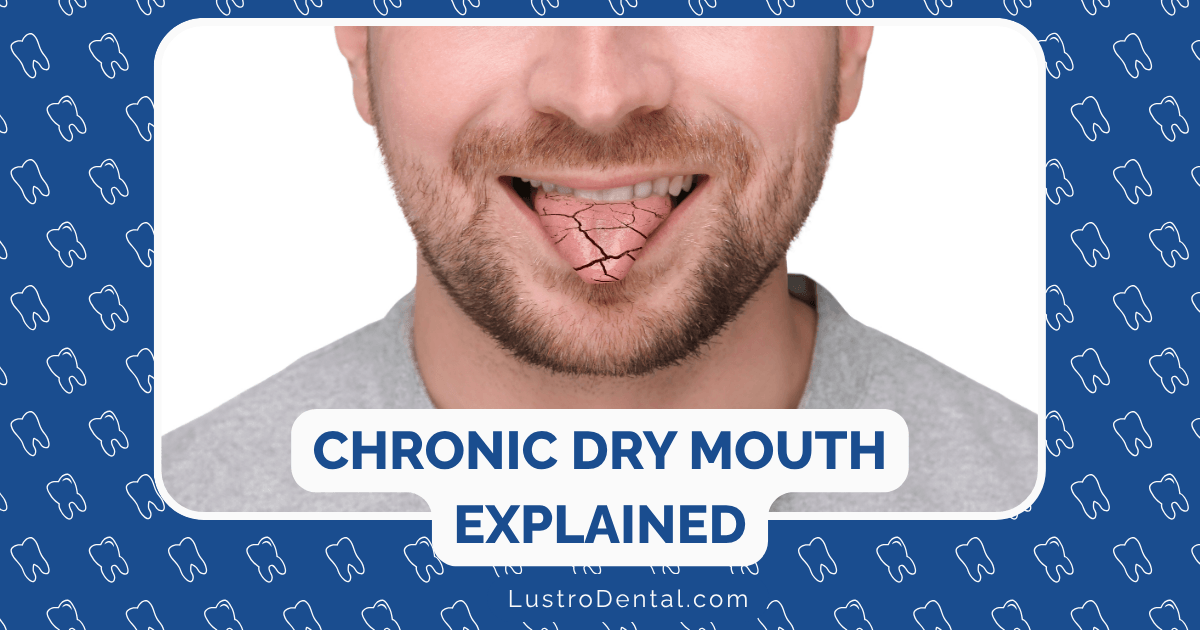Vaping and Oral Health: Not the Safe Alternative Many Think
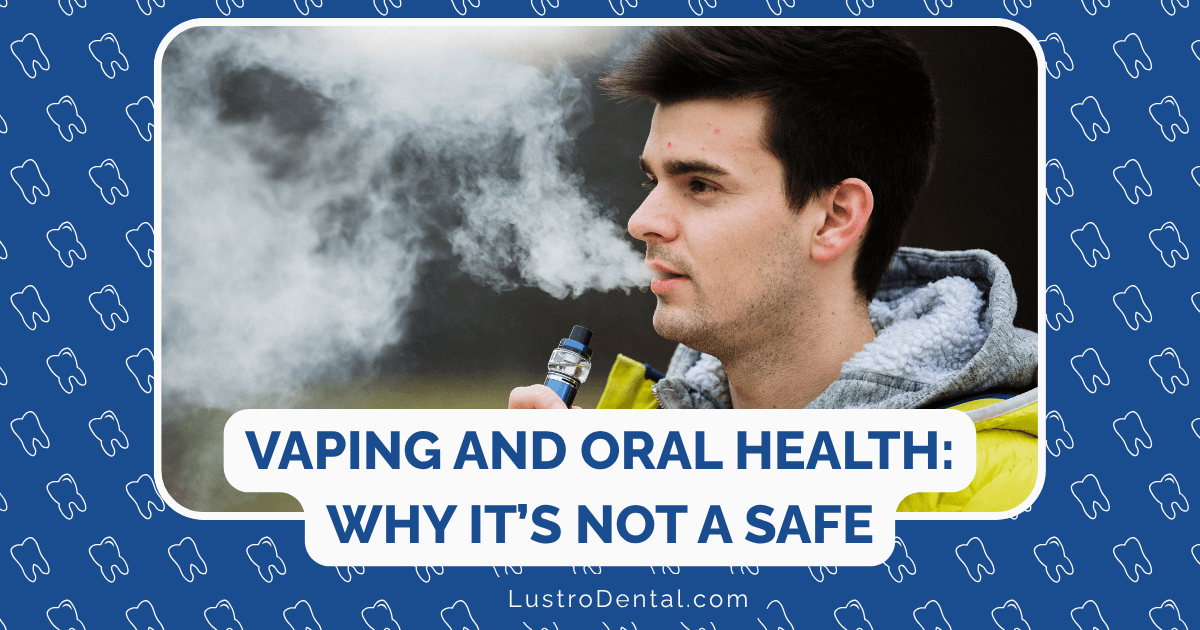
Vaping has been marketed as a “safer” alternative to traditional smoking, leading many to believe it poses minimal risks to oral health. But as research catches up with this relatively new trend, dental professionals are sounding the alarm: e-cigarettes are far from harmless to your mouth.
The False Sense of Security
When e-cigarettes first hit the market, they were positioned as a cleaner option compared to traditional cigarettes. Without the tar and combustion of tobacco, many assumed vaping would be gentler on oral tissues. This misconception has contributed to alarming statistics:
- E-cigarette use among high school students rose from 3.7% in 2014 to 19.5% in 2019
- In 2022, over 2.55 million middle and high school students reported using e-cigarettes
- Globally, approximately 82 million individuals now practice vaping
According to a 2025 study published in the Journal of International Oral Health, a significant proportion of young adults incorrectly believe vaping is a safe alternative that doesn’t cause oral diseases.
What’s Actually in That Vapor?
The seemingly innocent cloud produced by e-cigarettes contains a complex mixture of chemicals:
- Nicotine: Constricts blood vessels in gum tissue
- Propylene glycol: Decreases salivary flow
- Flavoring agents: Often acidic and sugary
- Volatile organic compounds: Can damage oral tissues
- Heavy metals: Including lead and nickel
- Ultrafine particles: Can penetrate deep into tissues
Research published in Food and Chemical Toxicology found that e-cigarette aerosols contain numerous hazardous substances, many of which deposit directly in the oral cavity.
The Real Impact on Oral Health
1. Dry Mouth and Its Consequences
Propylene glycol, a main ingredient in e-liquids, significantly reduces saliva production. This isn’t just an inconvenience—saliva is your mouth’s natural defense system. With reduced flow comes:
- Increased risk of cavities
- Persistent bad breath
- Greater susceptibility to infections
- Difficulty in speaking and swallowing
2. Gum Disease Progression
A comprehensive 2025 meta-analysis published in Nature found that while vaping may be less harmful than traditional smoking for gum health, it’s significantly worse than not smoking at all:
- Vapers showed higher plaque scores compared to non-smokers
- E-cigarette users had elevated levels of inflammatory markers in gum tissue
- Users demonstrated higher clinical attachment loss (a measure of periodontal disease)
- Unique microbial changes occurred in the mouths of vapers
The nicotine in e-cigarettes restricts blood flow to the gums, making it harder for them to receive nutrients and oxygen. This creates an environment where harmful bacteria can thrive while the gums’ ability to fight infection is compromised.
3. Tooth Decay Acceleration
Many e-liquids contain sweet flavorings that create a perfect storm for cavity development:
- Sugary residues coat teeth surfaces
- Reduced saliva can’t wash away these residues
- Acidic components in flavorings erode enamel
- The combination leads to rapid decay, especially at the gumline
According to Alpine Dental, these factors can lead to significant enamel erosion and cavity formation, even in young users.
4. Delayed Healing and Complications
Nicotine, regardless of how it’s delivered, impairs blood flow and healing. This has serious implications for dental procedures:
- Extractions may take longer to heal
- Implant success rates can be compromised
- Recovery from periodontal treatments is prolonged
- Risk of infection after procedures increases
5. Cellular Damage and Cancer Risk
While long-term studies are still underway, concerning evidence is emerging:
- E-cigarette aerosols trigger the release of inflammatory compounds in oral tissues
- Reactive oxygen species (ROS) levels increase, causing oxidative stress
- DNA damage occurs in cells exposed to vaping aerosols
- Cellular repair processes are disrupted
A large-scale review published in the Journal of Medical Internet Research found that vaping is associated with changes that could potentially lead to pre-cancerous conditions in the mouth.
Recognizing the Signs
How can you tell if vaping is affecting your oral health? Watch for:
- Increased tooth sensitivity
- Bleeding when brushing or flossing
- Persistent dry mouth
- Receding gums
- Unusual mouth sores that don’t heal
- Bad breath that doesn’t respond to normal hygiene
- Changes in taste perception
Steps for Protection
If you vape, these strategies can help minimize damage:
- Stay hydrated: Drink plenty of water to compensate for reduced saliva
- Practice meticulous oral hygiene: Brush twice daily, floss daily, and consider an alcohol-free mouthwash
- Choose lower-sugar e-liquids: If you must vape, opt for options with less sweetener
- See your dentist more frequently: Every 3-4 months rather than the standard 6 months
- Consider cessation: The most effective way to protect your oral health is to quit vaping
The Recovery Timeline
The good news is that quitting vaping can lead to significant oral health improvements:
- Within days: Saliva production begins to normalize
- Within weeks: Gum inflammation decreases
- Within months: Risk of new cavities and gum disease decreases
- Long-term: Oral tissues can largely recover, especially with proper dental care
The Bottom Line
While vaping may produce less visible staining than traditional cigarettes, the hidden damage to oral health is substantial and scientifically documented. As research continues to emerge, the picture becomes increasingly clear: vaping is not the safe alternative many believed it to be.
Your smile deserves better than being a testing ground for these relatively new products. If you’re concerned about the effects of vaping on your oral health, a conversation with your dental professional is the best place to start.


